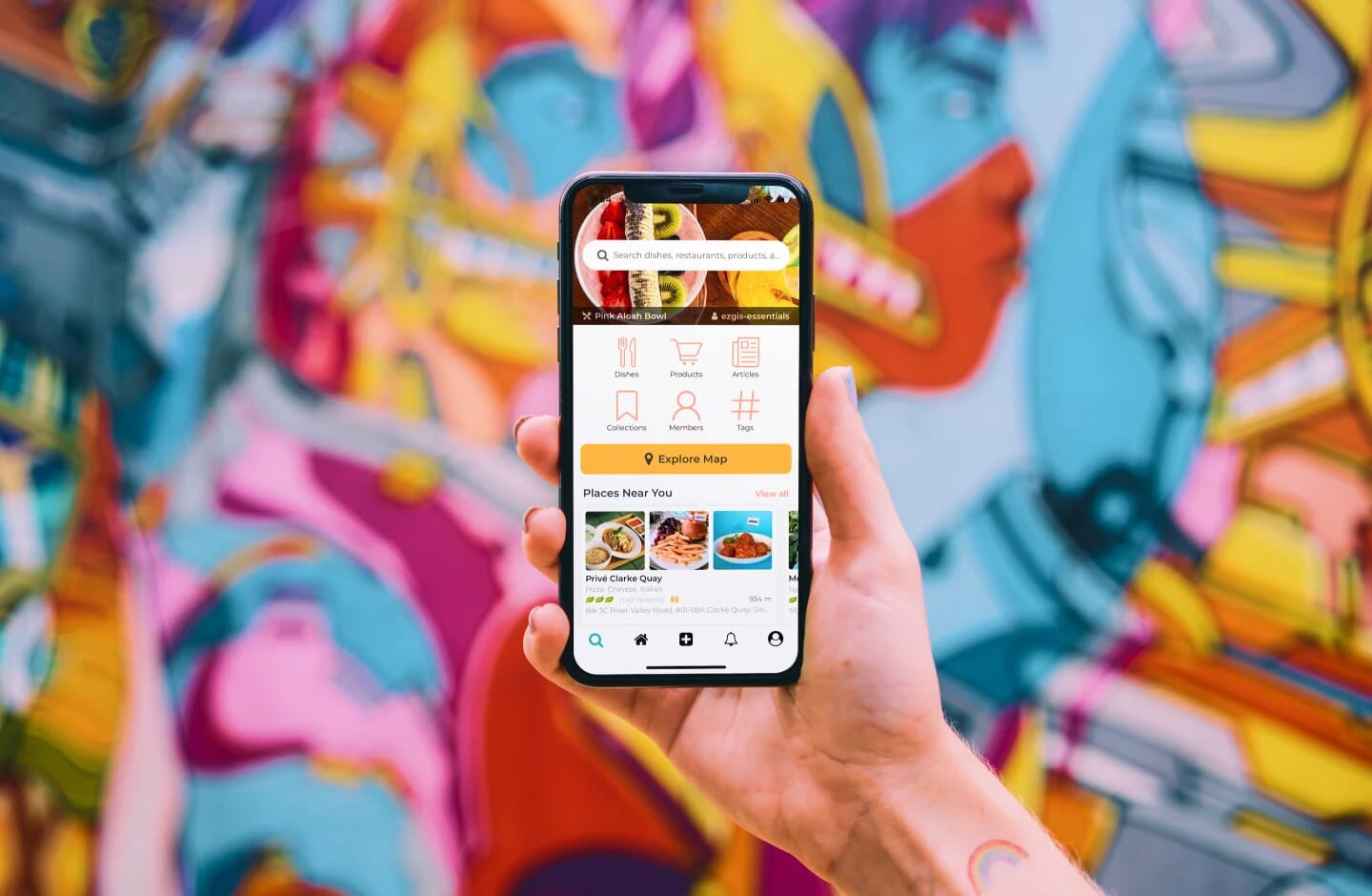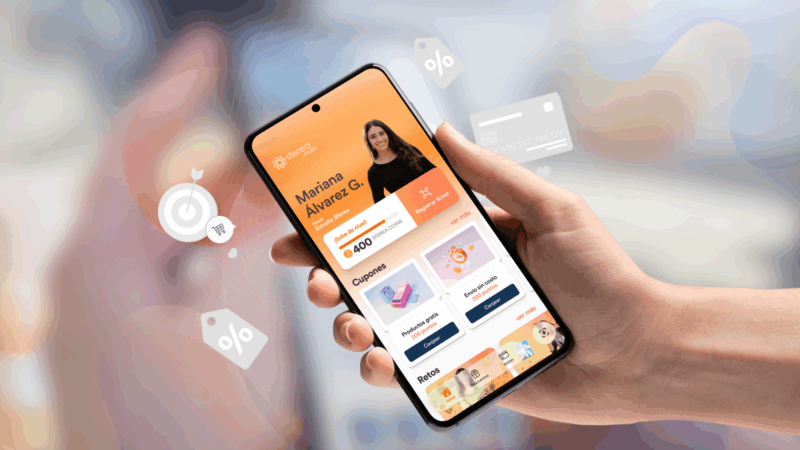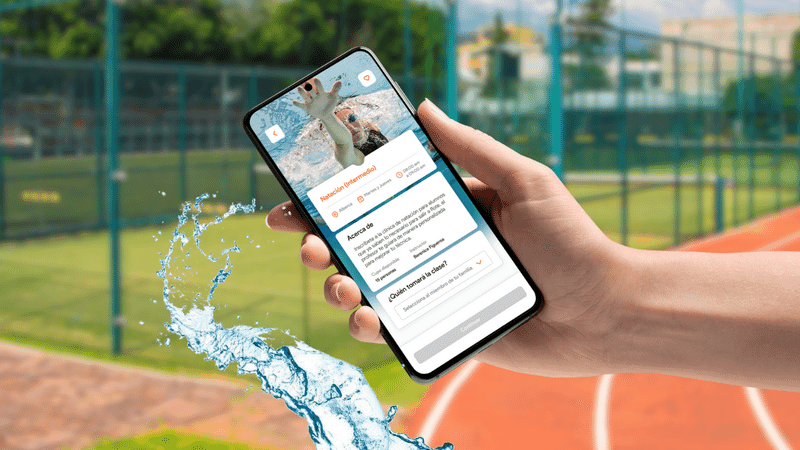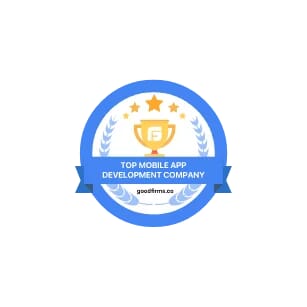
Should you choose a Native App or a Progressive Web App (PWA)?
Are you considering implementing a mobile solution for your business? In a market filled with options, it can be challenging to decide which technology to use. Should you opt for a native application or a Progressive Web App (PWA)?
Globally, out of 7.83 billion inhabitants, 4.66 billion have internet access, with 96.6% accessing it via smartphones. In Mexico, 98.7% of the 92.01 million internet users access it from smartphones.
Mexicans spend an average of 4 hours and 39 minutes per day surfing the internet on their mobile devices, nearly one-fifth of our day!
That’s why more and more companies are migrating their processes and businesses to mobile solutions, taking advantage of the significant impact smartphones have on our daily lives.
But with so many technology options and development alternatives in the market, how do you know what’s best for your business? Let us guide you through this exploration and help you choose the option that suits you best.
- In this article, you will find
• What is a Native App?
• What is a PWA?
• What are the differences between them?
• Which one is more suitable for my business or company?

1. What is a Native App?
A native app is one that is developed using the programming language provided by the operating system manufacturer, such as Android developed by Google or iOS developed by Apple, among others.
Typically, these apps can be downloaded from the app stores available for each brand or operating system, such as the Play Store for Android devices, the App Store for iOS devices, or the AppGallery for HarmonyOS devices.
2. What are the differences between the two?
Now that we understand each of them, let’s outline their differences to help you make a decision.
Native Apps:
- Speed: Generally faster than PWAs because many of their components can be preloaded into the mobile device’s memory, reducing response times.
- Data Usage: They consume less data since they do not need to load all screens on each visit.
- Offline Mode: They can work in an “Offline” mode, enabling content or features to be viewed without an internet connection.
- Push Notifications: The ability to send personalized messages to mobile devices provides a direct communication line with app users, useful for informing them about updates or encouraging app engagement.
- Greater Functionality: Developed using programming languages provided by manufacturers, they have access to all resources specifically created for the operating system, optimizing the functions that can be integrated.
- Security: Requiring an approval process in app stores makes them generally more secure than web browsing.
- Ease of Development: They are often easier to build due to the availability of tools and libraries provided by manufacturers, as well as UX/UI elements and SDKs.

PWA (Progressive Web Apps):
- Installation: No need to download or take up space on the user’s mobile device, offering added value as they can be run at any time from a web browser.
- Maintenance: Using a more familiar programming language for developers reduces complexity in updating code, thereby reducing costs.
- Updates: Since they do not require approval processes in app stores, updates can be more frequent and instantly published on the internet.
So, which one is most suitable for my business or company?
In conclusion, while PWAs offer advantages in terms of implementation speed and maintenance cost, they lag behind in resource optimization, data consumption, offline navigation, and direct communication with users compared to Native Apps.
If you want a direct communication channel with your users (customers, partners, employees, etc.), a mobile solution optimized to leverage all the features provided by operating systems (biometric security, UX/UI elements), integration with other systems (maps, databases, etc.), and greater security for you and your users, you need a Native App.
If you’re looking for a faster way to test your business idea in the market, where mobile device components (GPS or camera) or integrations with peripheral systems like payment processors are not necessary, and you want to make a smaller investment, you need a Progressive Web App (PWA).
At Sferea, we are leaders in mobile app development. If you’re considering implementing a mobile application to grow your business, count on us. Send us a WhatsApp message a 55 4574 5419 or email us at mobi@sferea.com and one of our experts will gladly assist you.
At Sferea, with over 16 years of experience and more than 350 successfully published applications, we are a leader in developing mobile apps for businesses. We create enterprise, loyalty, fintech, financial, and banking solutions that deliver real value. We support you throughout the entire process from user experience design to analysis and development always applying the best practices in the market. Boost your business with us!
- Apps Low-Code, Apps Nativas, Desarrollo de Apps
Related Articles

- Apps Nativas, Desarrollo de Apps, Diseño UI/UX, Sferea, Sin categoría, Tecnología

- Apps Nativas, Desarrollo de Apps, Diseño UI/UX, Sferea

- Apps Nativas, Desarrollo de Apps, Diseño UI/UX, Sferea, Tecnología


